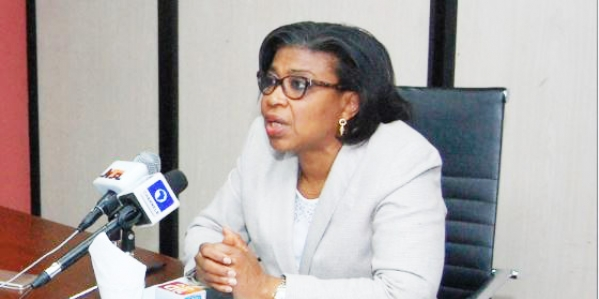The Debt Management Office (DMO), has revealed that the Federal Government had secured a N1 trillion credit facility to fund its petrol subsidy payments. This is in spite of the warnings from concerned bodies and stakeholders.
DMO’s Patience Oniha, who disclosed this development during his presentation at the Executive Course on Budgeting and Fiscal Transparency at the Army Resource Centre, Abuja, however, attributed the debt stock to a budget deficit, which forced the borrowing plan for the year to increase by N1 trillion to enable the government to pay the extra cost of petrol subsidy.
Citing a public debt stock of $42.8 billion, Oniha explained that the country’s debt portfolio was still within acceptable and sustainable limits.
Noting that revenue challenges forced the Federal Government to borrow to fund the budget, the DMO chief said the government was not just borrowing for the sake of it but was also doing so to finance critical infrastructure with multiplier benefits (job creation, movement of persons and goods) and Gross Domestic Product (GDP) growth.
Revealing that the government has measures in place to grow its revenue, Oniha stated that the DMO was deploying World Bank and International Monetary Fund tools to ensure the sustainability of Nigeria’s public debt.
“These tools include an annual Debt Sustainability Analysis (DSA) and a Medium-Term Debt Management Strategy (MTDS) every four years.
“Maturities in the Public Debt Portfolio are well spread to avoid bunching of maturities and to ease repayments of maturing obligations. The Domestic Debt portfolio has securities with tenors ranging from 91 days to 30 years, while the External Debt Portfolio has securities ranging between five and 30 years,” she added.
The news of this newly-secured loan for petrol subsidy payments emerged a few days after the Lagos Chamber of Commerce and Industry (LCCI) advised President Muhammadu Buhari to stop it.
Speaking at the 60th-anniversary celebration of the Oil Producers Trade Section held in Lagos, where he was represented by Vice President, LCCI, Gabriel Idahosa, the President of the Chamber, Dr. Michael Olawale-Cole said petrol subsidy is no longer sustainable.
According to him, removing the petrol subsidy would develop the downstream sector.













